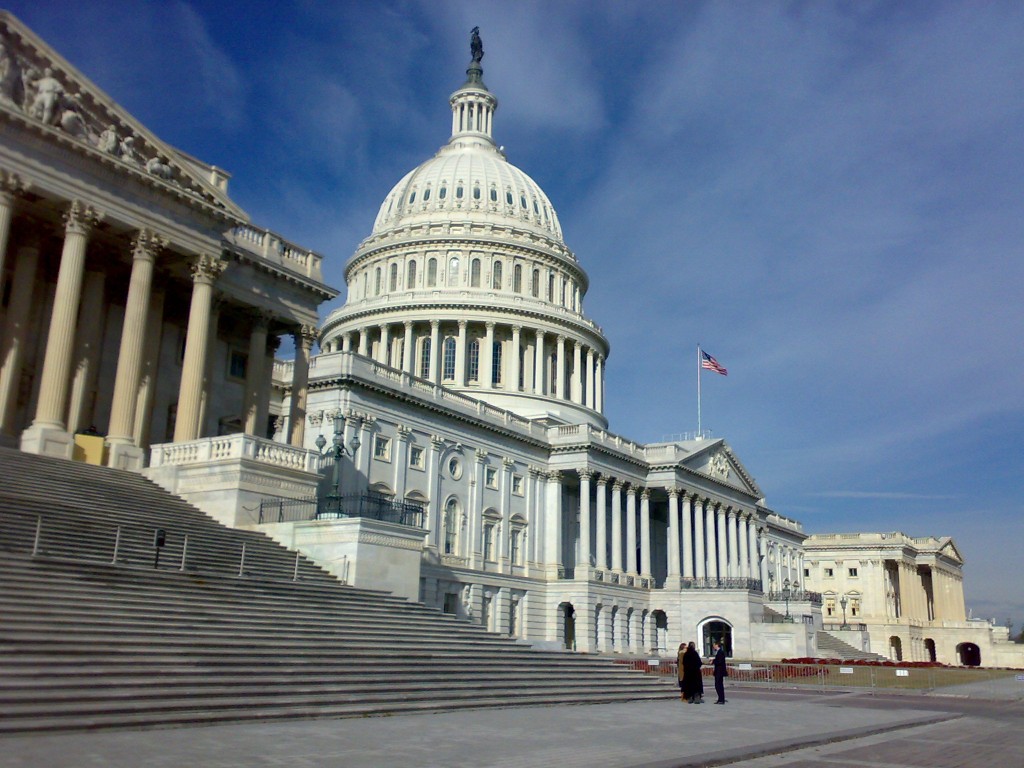
The 114th Congress and Institutional Religious Freedom
How will the new, Republican-dominated, Congress treat institutional religious freedom? Here are key issues of interest for the Institutional Religious Freedom Alliance (both related and different topics are on our Administration watch list):
Possible congressional oversight hearings:
* on the Administration’s aggressive push to interpret protections against discrimination on the basis of sex, in Title VII (1964 Civil Rights Act) and elsewhere, as also forbidding gender identity discrimination;
* on implementation of the President’s LGBT Executive Order for federal contractors: will the Department of Labor honor the religious staffing exemption or instead interpret the new ban on sexual orientation and gender identity discrimination in a way that essentially nullifies that exemption?
* on the Administration’s policy to require recognition of same-sex spouses and marriages in all federally funded programs that use the terms spouse, marriage, dependent, and family: will this force the government’s service partners in effect to accept marriage equivalence in programs dealing with adoption, marriage and fatherhood curricula, and the like?
Possible legislation:
* reauthorization of the Elementary and Secondary Education Act: will it maintain the principle of equitable access to funding and services for faith-based (and other private) schools and their students? Will it preserve the law’s section 9506, which protects private and faith-based schools, and home schooling, from inappropriate federal interference?
* reauthorization of the Runaway and Homeless Youth program: ensure that any language to protect LGBT youth from discriminatory treatment does not wrongly impede participation by faith-based organizations that use faith standards in their employment and operations (the reauthorization bill proposed in the last Congress would have reduced faith-based participation not only in this program but broadly among programs operated by the Administration for Children and Families)
* passage of a bill like last Congress’s HR 5285 to protect the faith-shaped child-serving practices of faith-based adoption/foster care agencies;
* passage of a bill like last Congress’s HR 3133 to prevent adverse actions against organizations (and persons) because of their commitment to man-woman marriage;
* passage of a bill to modify the HHS contraceptives mandate to protect the religious freedom rights of employers and to undo the Administration’s creation of a three-status framework for institutional religious freedom;
* passage of legislation to provide for equal access of religious student clubs, notwithstanding religious criteria for leaders, to the status of recognized student groups on public higher education campuses;
* maintain the strong provision in the Higher Education Act that accrediting agencies must respect a religious school’s religious mission;
* deal productively with the likely LGBT civil rights act (the substitute for the failed Employment Nondiscrimination Act), ensuring robust protections for institutional religious freedom, appropriate to the various domains that would be covered, if Congress acts to prohibit sexual orientation and gender identity discrimination;
* ensure that any tax reform does not undermine charitable giving incentives or otherwise harm faith-based organizations (e.g., by redefining what qualifies as a charity).
